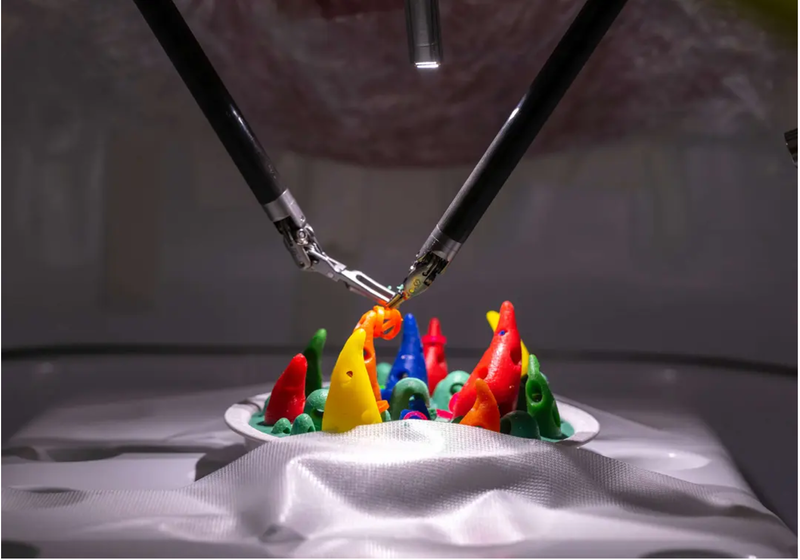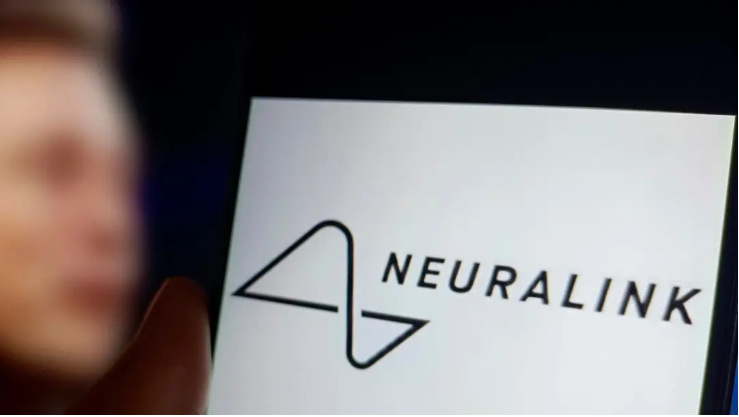Musk’s Neuralink Seeks Humans for Brain-Implant Trials
Elon Musk's brain-chip start-up Neuralink has started recruiting people for its first human trial....

Facts
- Elon Musk's brain-chip start-up Neuralink has started recruiting people for its first human trial.1
- Neuralink said Tuesday that it's looking for participants with paralysis due to cervical spinal cord injury or amyotrophic lateral sclerosis ('ALS') for the study, which will take about six years to complete.2
- The company is working on creating a brain implant to help patients with severe paralysis control external technologies using neural signals. Neuralink in a blog post said, 'the initial goal...is to grant people the ability to control a computer cursor or keyboard using their thoughts alone.'3
- As part of the study, a robot would surgically place 64 flexible threads — thinner than human hairs — onto the parts of the participants’ brains that control 'movement intention.' The 'N1' implant, which will be powered by a battery that can be charged wirelessly, will record and transmit brain signals to an app that the company will use to understand how participants intend to move.4
- In May, the company announced it received clearance from the US Food and Drug Admin. (FDA) for its first-in-human clinical trial. The company's previous testing in animals received heavy scrutiny over reports that its trials allegedly caused unnecessary suffering.5
- Experts say that if the implant proves to be safe for humans, it could still take more than a decade for the startup to secure clearance for commercial applications.6
Sources: 1Verge, 2Reuters (a), 3CNBC, 4BBC News, 5Guardian and 6Reuters (b).
Narratives
- Narrative A, as provided by Sentient media. There are just too many red flags to allow Neuralink to conduct human trials. The FDA previously rejected the company’s application due to safety issues, and there were allegations of animal suffering. Neuralink’s plan should not go forward.
- Narrative B, as provided by BBC News. FDA approval of human trials shows the US government believes the company is ready for this momentous step. Similar devices have already been implanted in human subjects by rival companies and are generating positive results. Neuralink should go ahead with this exciting advancement.






